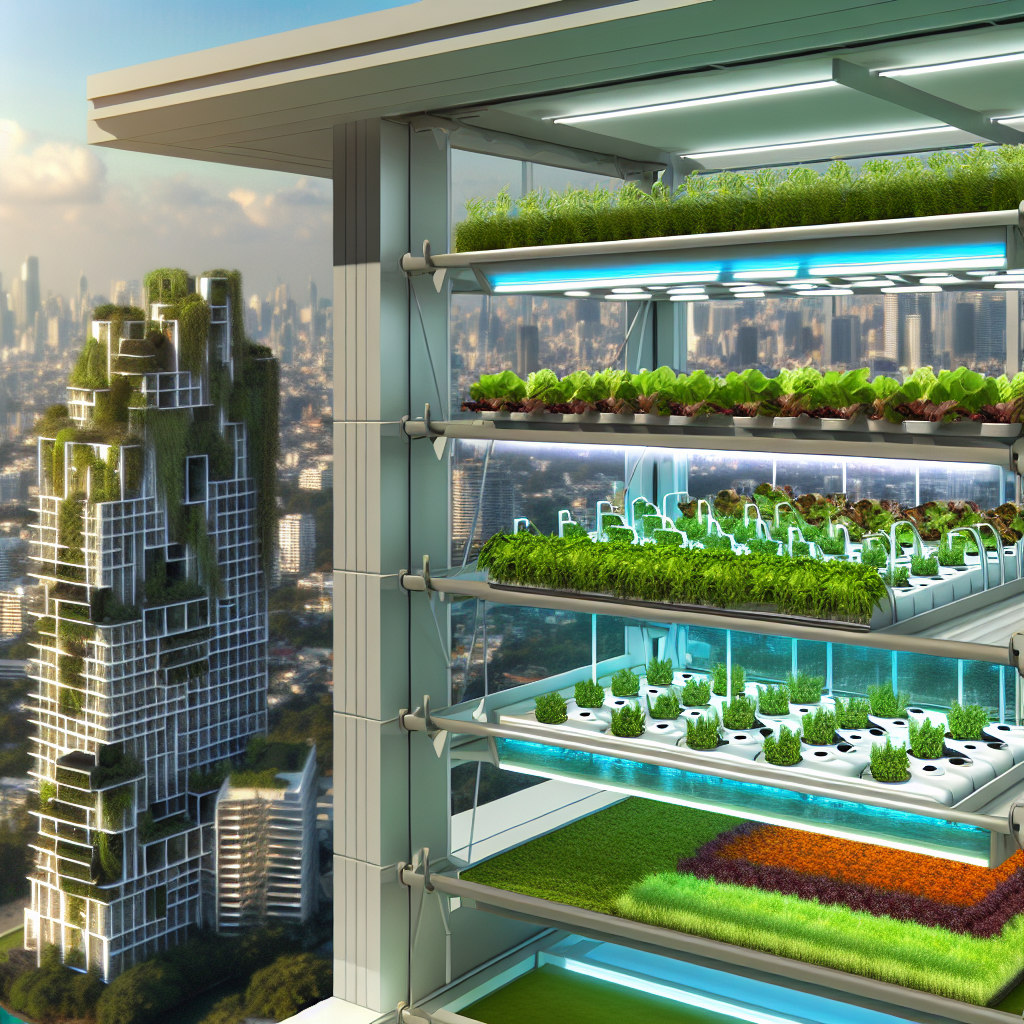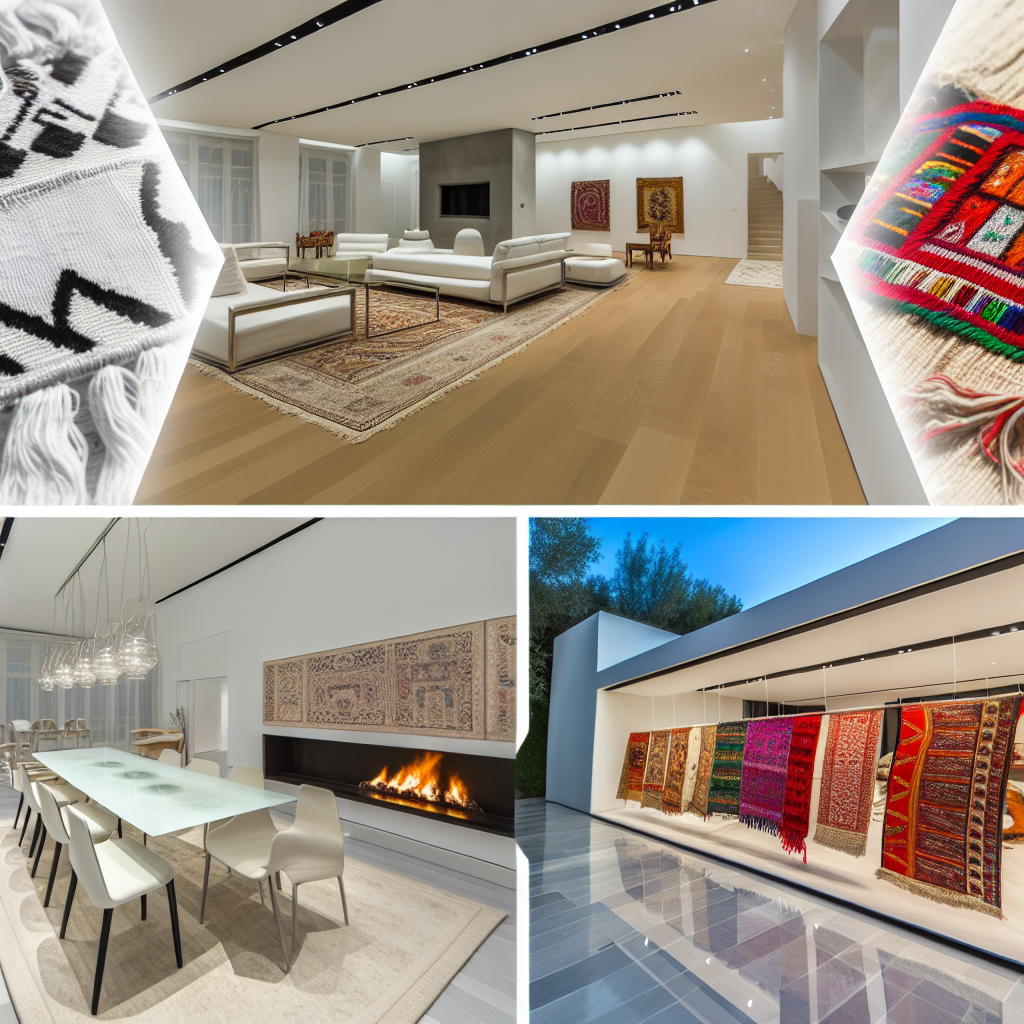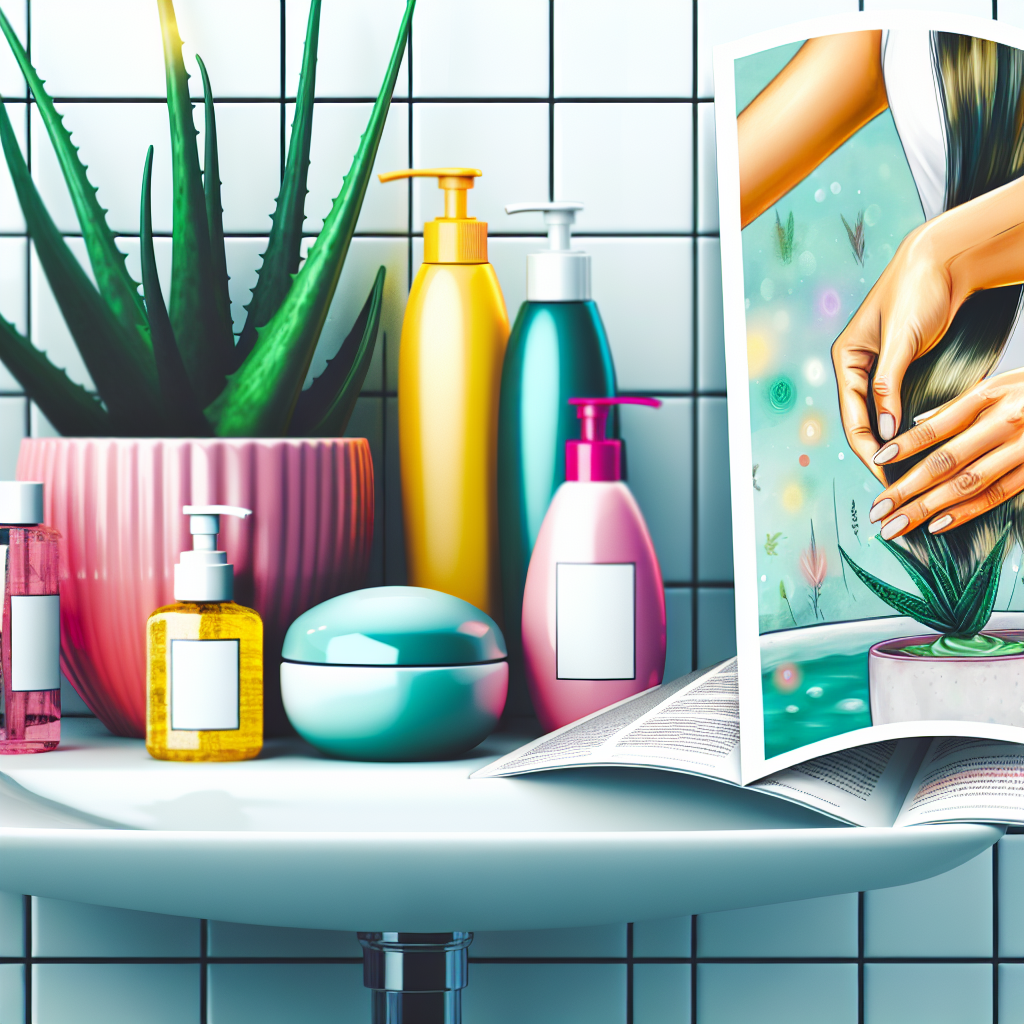Vertical Farming in Luxury Properties: The Future of Sustainable High-End Living
Introduction: A New Era of Luxury and Sustainability
As the world embraces sustainability and technological innovation, luxury living is no longer just about opulence—it’s about harmony with nature, self-sufficiency, and forward-thinking investments. One of the most sophisticated trends transforming the high-end real estate landscape is vertical farming integration within luxury properties. This cutting-edge concept merges architectural elegance with groundbreaking agricultural advancements, allowing homeowners to cultivate fresh, organic produce right within their residences.
Vertical farming—traditionally associated with urban agriculture and commercial food production—is now being meticulously incorporated into estates, penthouses, and private villas. By leveraging advanced hydroponic, aeroponic, and aquaponic systems, luxury homeowners can experience farm-to-table freshness without ever leaving their properties. Beyond aesthetics and exclusivity, vertical farming offers functional benefits such as sustainability, enhanced well-being, and increased self-reliance—with the added prestige of being at the forefront of modern living.
For forward-thinking property owners, the fusion of agriculture and luxury living represents an investment in health, environmental consciousness, and long-term value. Imagine stepping into a temperature-controlled botanical sanctuary within your home, where leafy greens, fresh herbs, and exotic fruits thrive year-round, nourished by precision irrigation and AI-powered nutrient optimization. From automated living walls to hydroponic garden suites, vertical farming in a high-end setting isn’t just practical—it’s a visionary statement.
With increasing concerns about food security, sustainability, and health-conscious lifestyles, UHNW (Ultra High Net Worth) individuals are turning to self-sustaining farming solutions that blend seamlessly into their high-end residences. Whether installed in private estates with vast greenhouse extensions or integrated into sleek city lofts with built-in micro-gardens, these systems provide not only gourmet culinary ingredients but also a distinct competitive advantage in luxury real estate valuation.
In this article, we explore the intricate nuances of luxury vertical farming, detailing its benefits, scientific backing, and seamless integration into high-end properties.
Health and Wellness: The Science Behind Luxury Vertical Farming
The rise of vertical farming in residential settings is backed by extensive scientific and medical studies showcasing its multiple health benefits. For luxury homeowners, these insights provide a compelling foundation for integrating state-of-the-art indoor agriculture into their estates.
Boosting Mental and Physical Well-Being with In-Home Farming
A study published in the *Journal of Environmental Research and Public Health* highlights that increased exposure to indoor plant life can reduce stress, enhance mental clarity, and improve overall well-being ([Chen et al., 2018](https://www.mdpi.com/1660-4601/15/11/2404)). In elite residential settings, vertical farming extends beyond mere aesthetics, offering a holistic wellness experience. Fresh air purification, natural humidity control, and daily interaction with lush greenery create an immersive sanctuary within the home.
Additionally, research from Harvard Medical School confirms that incorporating more fresh, organic produce into daily meals can reduce the risk of chronic diseases such as heart disease, obesity, and diabetes ([Harvard T.H. Chan School of Public Health, 2023](https://www.hsph.harvard.edu/nutritionsource/what-should-you-eat/vegetables-and-fruits/)). By harvesting pesticide-free greens and nutrient-dense microgreens in an in-house vertical farm, luxury homeowners promote optimal health without reliance on external food supply chains.
Sustainability: Reducing Carbon Footprint with High-Tech Farming
Luxury properties adopting vertical farming are at the forefront of eco-conscious architecture and sustainable living.
Eco-Friendly Farming: Using 95% Less Water
From an environmental standpoint, a report from the National Academy of Sciences details how controlled-environment agriculture (CEA) in vertical farming systems reduces water consumption by up to 95% compared to traditional soil farming ([Benke & Tomkins, 2017](https://www.pnas.org/content/114/12/2809)). These technologies, powered by AI-driven irrigation precision, allow high-end homeowners to cultivate lush botanical ecosystems with minimal environmental impact.
Given that luxury properties often prioritize LEED-certified green building standards and biophilic design principles, incorporating self-sustaining indoor farming solutions aligns seamlessly with green construction initiatives.
Food Security: Ultimate Self-Sufficiency for Luxury Living
For luxury estates, vertical farming provides food system resilience, ensuring a consistent supply of fresh ingredients throughout the year.
Farm-to-Table: Gourmet Dining with Homegrown Ingredients
A study from The International Journal of Environmental Science and Technology emphasizes the relevance of vertical farming for food security, particularly during global supply chain instability ([Despommier, 2020](https://link.springer.com/article/10.1007/s13762-020-02717-9)). Luxury homeowners gain greater independence and control over their food sources, ensuring reliable access to high-quality, seasonal, and pesticide-free produce.
Imagine dining on rare heirloom tomatoes, hand-picked aromatic basil, or hydroponically-grown strawberries—all cultivated right in your luxury penthouse or estate greenhouse. This hyper-localized approach to gourmet cuisine guarantees unmatched freshness and exclusivity for every meal.
AI-Powered Farming: The Role of Smart Technology in Luxury Properties
Modern high-end residences thrive on intelligent automation, and luxury vertical farming is no exception.
Automated Hydroponics: Maximizing Yield with AI Precision
AI-powered hydroponic systems, as detailed in a report by The Institute of Electrical and Electronics Engineers (IEEE), optimize nutrient cycles, pH levels, and lighting conditions in real-time ([Patel et al., 2021](https://ieeexplore.ieee.org/document/9540646)). These advancements ensure maximum yield and efficiency, allowing homeowners to cultivate premium-quality produce with minimal manual effort.
Smart systems use IoT-driven sensors and machine learning algorithms to create the perfect growing conditions, eliminating human guesswork and ensuring continual supply of high-nutrient vegetables, fruit, and herbs.
Conclusion: The Future of Luxury Living is Green and Self-Sustaining
Integrating vertical farming into luxury properties is a revolutionary step toward sustainability, self-reliance, and wellness-focused living. Beyond aesthetic brilliance, its scientifically backed health benefits, environmental impact reduction, and role in food security make it an indispensable feature of future high-end residences.
By leveraging AI-driven vertical farming and cutting-edge hydroponic technology, luxury homeowners can transform their properties into self-sustaining sanctuaries, enhancing well-being while reducing ecological footprints. Whether designed as a lush living wall in a penthouse or a full-scale greenhouse in a private estate, in-home vertical farming is poised to redefine modern luxury with conscious, sustainable living.
Concise Summary (100 words):
Vertical farming is revolutionizing luxury living, offering a sustainable, self-sufficient, and wellness-focused approach. By integrating advanced hydroponic, aeroponic, and aquaponic systems, high-end homeowners can cultivate fresh, organic produce within their residences. This cutting-edge concept merges architectural elegance with groundbreaking agricultural advancements, providing numerous benefits: boosting mental and physical well-being, reducing environmental impact, ensuring food security, and leveraging AI-powered automation. As the world embraces sustainability, vertical farming is transforming luxury properties into self-sustaining sanctuaries that redefine modern living with a focus on health, consciousness, and long-term value.
References:
– [Chen et al., 2018](https://www.mdpi.com/1660-4601/15/11/2404)
– [Harvard T.H. Chan School of Public Health, 2023](https://www.hsph.harvard.edu/nutritionsource/what-should-you-eat/vegetables-and-fruits/)
– [Benke & Tomkins, 2017](https://www.pnas.org/content/114/12/2809)
– [Despommier, 2020](https://link.springer.com/article/10.1007/s13762-020-02717-9)
– [Patel et al., 2021](https://ieeexplore.ieee.org/document/9540646)

Dominic E. is a passionate filmmaker navigating the exciting intersection of art and science. By day, he delves into the complexities of the human body as a full-time medical writer, meticulously translating intricate medical concepts into accessible and engaging narratives. By night, he explores the boundless realm of cinematic storytelling, crafting narratives that evoke emotion and challenge perspectives. Film Student and Full-time Medical Writer for ContentVendor.com



